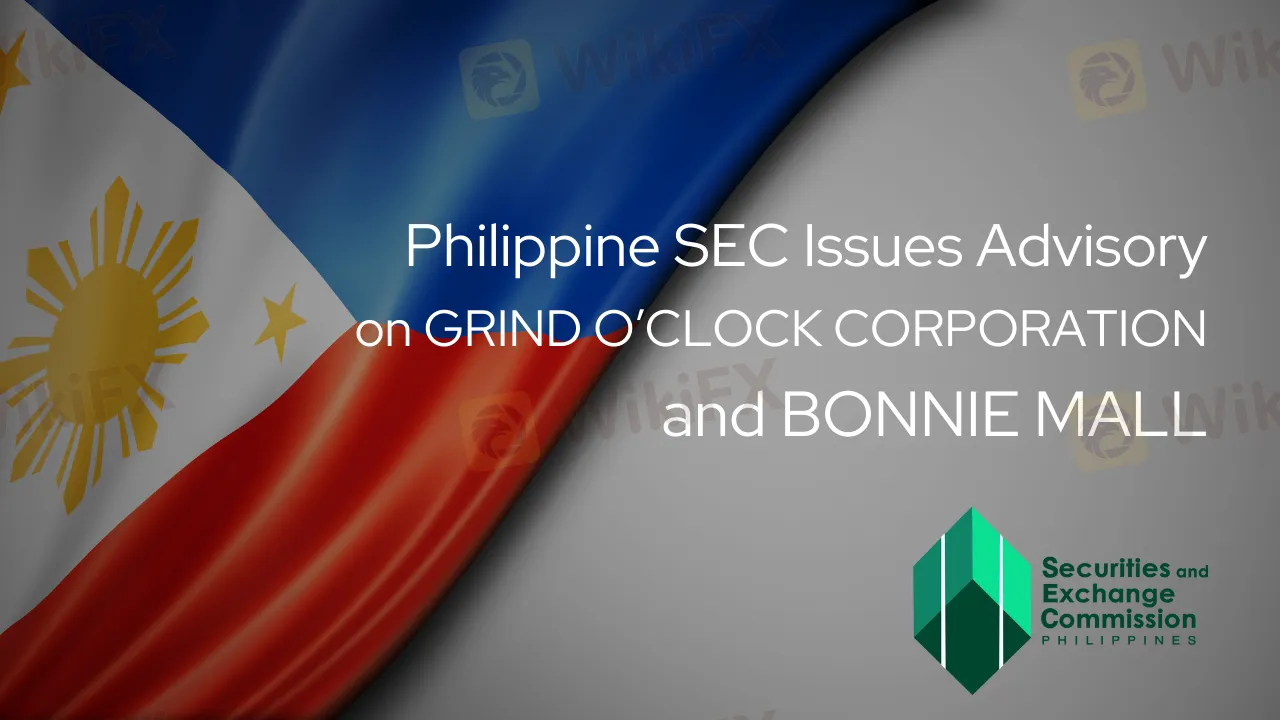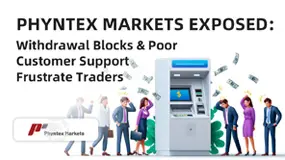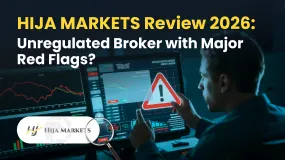Abstract:The Philippine SEC warns the public about unauthorized business schemes by GRIND O’CLOCK CORPORATION and BONNIE MALL. While GRIND seeks silent investors for talent development, BONNIE MALL offers a suspicious "Tasking and Recharging" method resembling a Ponzi Scheme. Both lack the necessary SEC licenses for such operations. The public is advised to exercise caution and report any solicitations.

MANILA – The Philippine Securities Exchange Commission (SEC) has released an advisory warning the public about two entities, GRIND OCLOCK CORPORATION and BONNIE MALL, that are reportedly operating unauthorized business schemes.
GRIND OCLOCK CORPORATION
GRIND OCLOCK CORPORATION, founded by Mr. Renz Carlo Uson—a self-proclaimed seasoned developer and digital marketing specialist—positions itself as a talent and entertainment company. Its main objective is to foster talents in the Philippines, ranging from streamers to shout casters, and bridge brands with their audience through various media properties.

Uson, via online platforms, has been searching for silent investors willing to finance initial expenses, such as office infrastructure and compensation. A reported offer by Uson promises potential investors a 5% monthly return on a minimum investment of Php50,000 locked in for six months or a 10% monthly return on Php100,000 for the same period.
However, the SEC emphasizes that while GRIND OCLOCK CORPORATION has been registered (Company Registration No. 2023020087100-12) since February 21, 2023, this registration does not empower them to solicit investments from the public. Their Certificate of Registration, granted by the SEC, only confirms the company's juridical status. It does not grant them a secondary license, crucial for public investment solicitations.
The SEC further notes that such offers fall under “investment contracts”—securities that need prior registration with the Commission. Without this, the entity is not legally authorized to extend such offers.
BONNIE MALL
Simultaneously, the SEC has also expressed concerns about BONNIE MALL, which, based on received reports, has been enticing the public with high monetary rewards or profits via an online platform.
BONNIE MALL's operation involves a “Tasking and Recharging” scheme. Participants are given tasks, and upon completion, receive monetary rewards. To access higher-paying tasks, participants are required to invest more, also referred to as “recharging”. Furthermore, the entity reportedly uses a fake Certificate of Incorporation to legitimize its operations.

This method exhibits traits of a “Ponzi Scheme,” where funds from new investors are channeled to pay previous ones. Such a system primarily benefits early participants and top recruiters but becomes detrimental for newer members when fresh investments slow down.
Such schemes, including Ponzi, are unregistrable securities, and the SEC will not grant licenses to entities practicing these.
The Financial Products and Services Consumer Protection Act (FCPA) categorically prohibits such deceptive solicitation of public investments, especially without a valid SEC permit. Those found guilty, including promoters, recruiters, and endorsers, can face a hefty penalty of up to Php5,000,000 or 21 years of imprisonment.
Public Advisory
The SEC advises the public to remain vigilant, practice due diligence, and avoid investing in the schemes proposed by these entities. It also warns that any individual found promoting or soliciting investments on behalf of GRIND OCLOCK CORPORATION or BONNIE MALL may be held criminally liable.
If you or someone you know is involved or has been approached by these entities, it is recommended to seek advice or report the matter to the appropriate authorities immediately.












